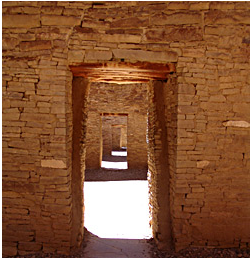Publication Date
5-1-2013
Abstract
Various types of food security' projects essentially deliver little in the way of real opportunities for local food security among Southeast residents in Grand Rapids, MI. Nonetheless, developers justifying their gentrifying efforts are increasingly funded through large grants and public dollars by actually purporting themselves to seek solutions to reducing food insecurity in these Southeast neighborhoods. 'Community,' 'local,' 'sustainability,' and 'social justice' are common terms marketed as values to promote urban redevelopment, food security initiatives, and to sell local food. Food growers and activists challenge how these terms are defined and used for profiteering. Thus, there are competing value systems between food growers and activists with those of urban developers and different food security initiatives in Grand Rapids. A grassroots activist organization named Our Kitchen Table (OKT) has developed a local food-growing model to confront the structural racism and general inequality responsible for the food insecurity, health disparities, and gentrification altering the lives of Southeast residents. I situate OKT's activism within a broader discussion of the politics of exclusion and inequitable distribution of power between stakeholders, local food security initiatives, and Southeast residents.'
Keywords
food justice, activism, gentrification, food insecurity, power
Document Type
Dissertation
Language
English
Degree Name
Anthropology
Level of Degree
Doctoral
Department Name
Anthropology
First Committee Member (Chair)
Beverly R. Singer
Second Committee Member
Les W. Field
Third Committee Member
Cathleen Willging
Fourth Committee Member
Jake Kosek
Recommended Citation
Mello, Christina. "Local Food and Power Dynamics in Southeast Grand Rapids, Michigan." (2013). https://digitalrepository.unm.edu/anth_etds/46

